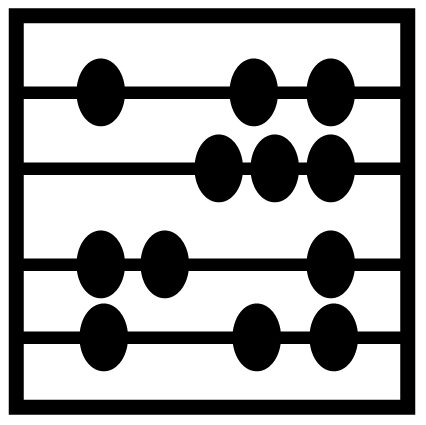If you’ve ever entered a bracket challenge or considered doing so, understand that you literally have almost no shot at picking a perfect bracket (no pun intended). There are too many bracket combinations that make having a perfect bracket next to impossible. Using math to predict outcomes is often not viable because sometimes, the number of possible outcomes expand beyond what the brain can conceive of.
By definition, probability in mathematics means the likelihood to which an event is going to happen, as measured by the ratio of the favorable instances to the total number of instances possible. So, in exploring the math behind the bracket during March Madness, the task begins with guessing the winner of 63 basketball games. The chances are literally 1 in a 9.2 quintillion in picking a perfect bracket, according to Smithsonian Magazine.[1] You are more likely to win the lottery at least twice before picking a perfect March Madness bracket.
There are many different strategies a person can take when selecting their winning teams, from using the current year’s seeding system to looking at data sets from prior years. No matter how well you do in picking your bracket, its exciting to have a go at it and see how you fare in the end!
To learn more about probability, book your private tutoring lesson today. Click on the Schedule tab and select the date and time of your preference.




